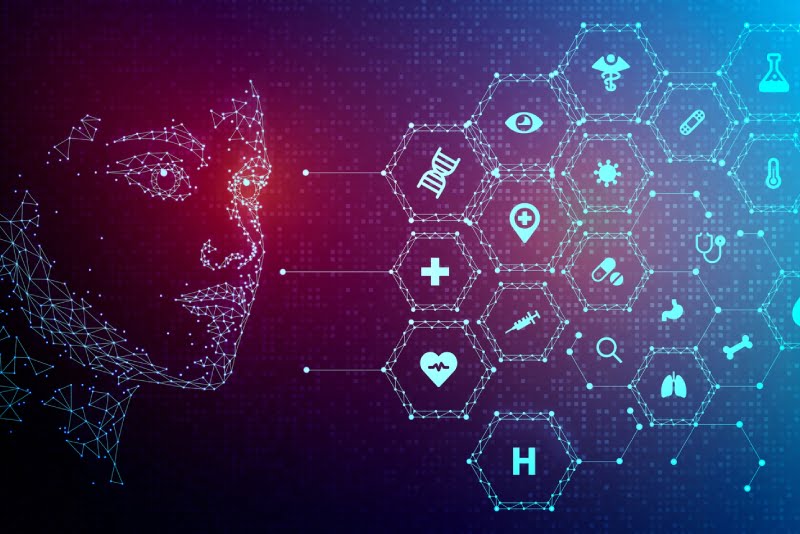
Revolutionizing Biomarker Discovery: The AI Advantage in Biopharma
March 14, 2024
In the swiftly advancing domain of biopharmaceutical research, the incorporation of Artificial Intelligence (AI) represents not merely a trend but a fundamental shift, especially in the sphere of biomarker development. Biomarkers, the biological signposts that indicate the presence or progression of a disease, are pivotal in the early detection of diseases, monitoring treatment responses, and paving the way for personalized medicine. The advent of AI technologies in this field is revolutionizing how researchers identify and validate new biomarkers, offering hope for more effective treatments and improved patient outcomes.
The AI Edge in Biomarker Discovery
The traditional path to discovering and validating biomarkers is fraught with challenges, including the need for extensive time, resources, and the inherent complexity of biological systems. AI, with its ability to process and analyze vast datasets beyond human capability, is changing this landscape. Machine learning algorithms, a subset of AI, can sift through complex biological data, identifying patterns and correlations that might elude human researchers. This capability is particularly beneficial in the early stages of biomarker discovery, where the proverbial needle in the haystack is not just one, but potentially hundreds of needles in a vast biological haystack.
Accelerating Validation and Reducing Costs
Validation, the process of confirming that a biomarker is a true indicator of a disease, is as crucial as discovery. AI accelerates this process by efficiently analyzing data from clinical trials and patient records to confirm the reliability and universality of the biomarker. This not only speeds up the validation process but also significantly reduces the costs associated with lengthy clinical trials. By predicting the likelihood of a biomarker's success in real-world scenarios, AI-driven models can streamline the development pipeline, ensuring that only the most promising biomarkers move forward to clinical use.
Facilitating Personalized Medicine
The ultimate goal of biomarker development is to enable personalized medicine, where treatments are tailored to the individual characteristics of each patient. AI's role in achieving this goal is twofold. First, by identifying biomarkers that are more specific to particular disease subtypes or patient groups, treatments can be more accurately targeted. Second, AI can help monitor a patient's response to treatment in real-time, adjusting therapies as needed to achieve the best outcome. This dynamic approach to treatment, powered by AI, represents a significant shift towards more patient-centered care in biopharma.
Overcoming Challenges and Looking Ahead
Despite its potential, the integration of AI into biomarker development is not without challenges. Issues such as data privacy, the need for standardized datasets, and the interpretability of AI models must be addressed to fully realize the benefits of this technology. Moreover, the success of AI in this field depends on interdisciplinary collaboration, bringing together experts in biology, medicine, and computer science to translate AI's insights into clinical practice.
As we look to the future, the role of AI in biomarker development is set to grow. With advancements in AI technologies and an increasing emphasis on precision medicine, the potential for AI to improve disease diagnosis, treatment, and patient outcomes is immense. By harnessing the power of AI, the biopharma industry is poised to make significant strides in the discovery and validation of biomarkers, opening new frontiers in the fight against disease.
© 2024 ITSoli
